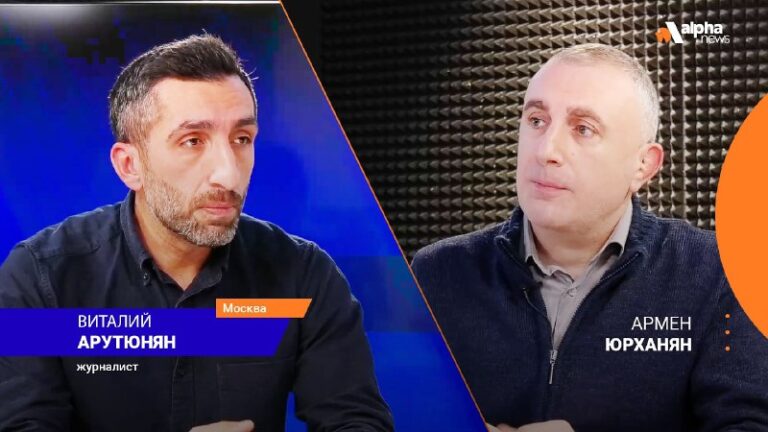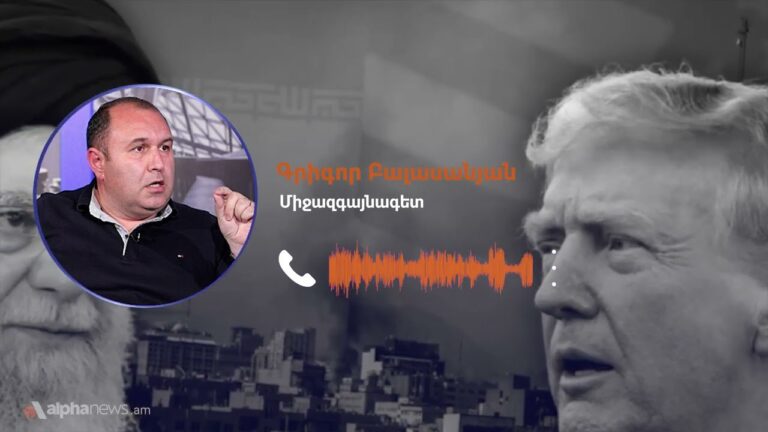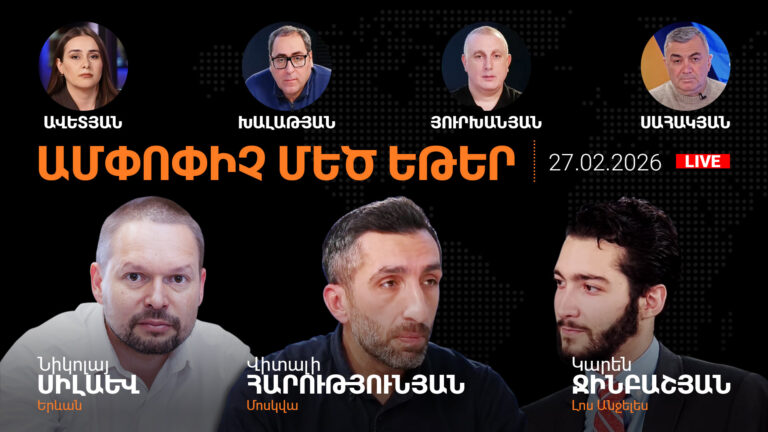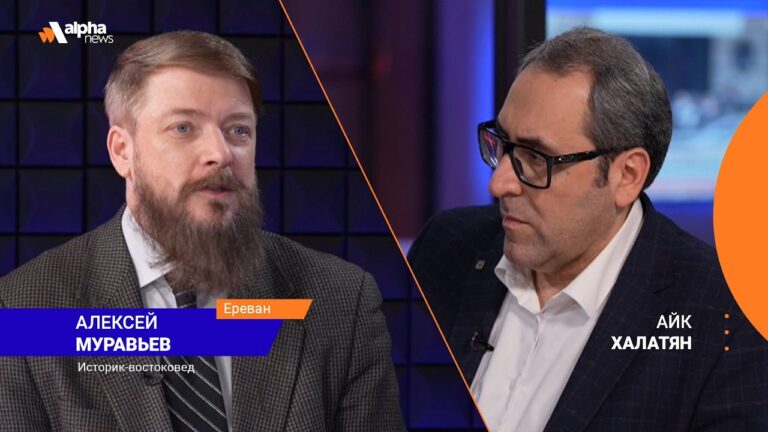How long will the “window of dialogue with Russia” still be open?
March 05 2024, 12:50
Since a certain period, the Russian authorities have obviously stopped having dialogue with the Armenian authorities. There was a period when the Russian authorities almost directly addressed the people of Artsakh.
In October 2022, Russian President Vladimir Putin, speaking at a meeting of the Valdai Club, directly stated that Washington’s version of the “resolution of the Karabakh issue” proposed to the Armenian leadership provides for recognition of Azerbaijan’s sovereignty over Karabakh. At the same time, Putin said that Russia is not going to impose anything, and it is the Armenian leadership and the Armenian people that should decide the fate of Karabakh.
Putin made this statement late in October 2022, after Pashinyan recognized Azerbaijan’s sovereignty over Artsakh in Prague under the auspices of Emmanuel Macron and Charles Michel. Thus, the Russian President sent a message to the Armenian political class, the leadership of Artsakh, and most importantly, to the people of Artsakh and the people of Armenia, saying that despite the “Prague conspiracy”, Russia sees potential opportunities to at least maintain the status quo, or, in other words, leave the issue of Artsakh to future generations. This was the basis of Igor Khovaev’s “plan” as a special envoy for the South Caucasus.
However, the words of the Russian leader did not receive a proper response, primarily from the Artsakh leadership, and starting with a large rally in Stepanakert after Putin’s statements, Arayik Harutyunyan ended his political career, apparently the first protest in the history of mankind held by the president, where instead of a political struggle he simply sat down on Renaissance Square in Artsakh and called it “a last resort”. Let’s be honest, Putin’s words did not receive a response from both the Armenian people and the “political elite of Armenia” either. Even after the total blockade, many sitting in warm halls speculated about “whether Pashinyan actually surrendered Artsakh in 2022 in Prague and whether it is possible for Artsakh to open an air corridor or an alternative road”. In other words, at best, they tried to find a technical solution to the political problem.
And now we have lost Artsakh. We lost it amid the noisy inaction and silence of the Armenian people and their “political and economic elite”. But the people are being addressed again, this time by Russian Foreign Minister Sergey Lavrov.
Answering journalists’ questions at the Antalya Diplomacy Forum, Lavrov first gave the Armenian authorities an ultimatum, demanding details regarding Armenia’s membership in the CSTO. In this context, he also spoke about the EAEU, openly answering that Moscow understands the considerations, based on which official Yerevan is not attacking the EAEU yet.
However, what was also important in Lavrov’s words is that he addressed the Armenian people, noting that if the Armenian authorities state that “it was a strategic mistake to build allied relations with Russia since 1991 and that this was done based on the opinion of the people”, then in turn “it is necessary to reconsider many things in Russian-Armenian relations.”
We have come to a very dangerous point—there has not been such a situation since the 1990s. Moreover, the words about the need to reconsider many things in Armenian-Russian relations and the topic of the EAEU in the context of relations between the two countries show that the actions of the Armenian authorities have brought us to the point beyond which their sabotage will affect the lives of hundreds of thousands, if not millions, of Armenians in Armenia and Russia. It will also affect the economic class, which pretends that it has nothing to do with what is happening in the country, and sometimes directly helps the authorities achieve their goals.
It is difficult to say unequivocally to what extent a new round of total crisis in Armenian-Russian relations will reach, but one simple truth is obvious: the main beneficiaries of this aggravation are Turkey and Azerbaijan. They have already received Karabakh because of this artificial problem.
Think about it…







